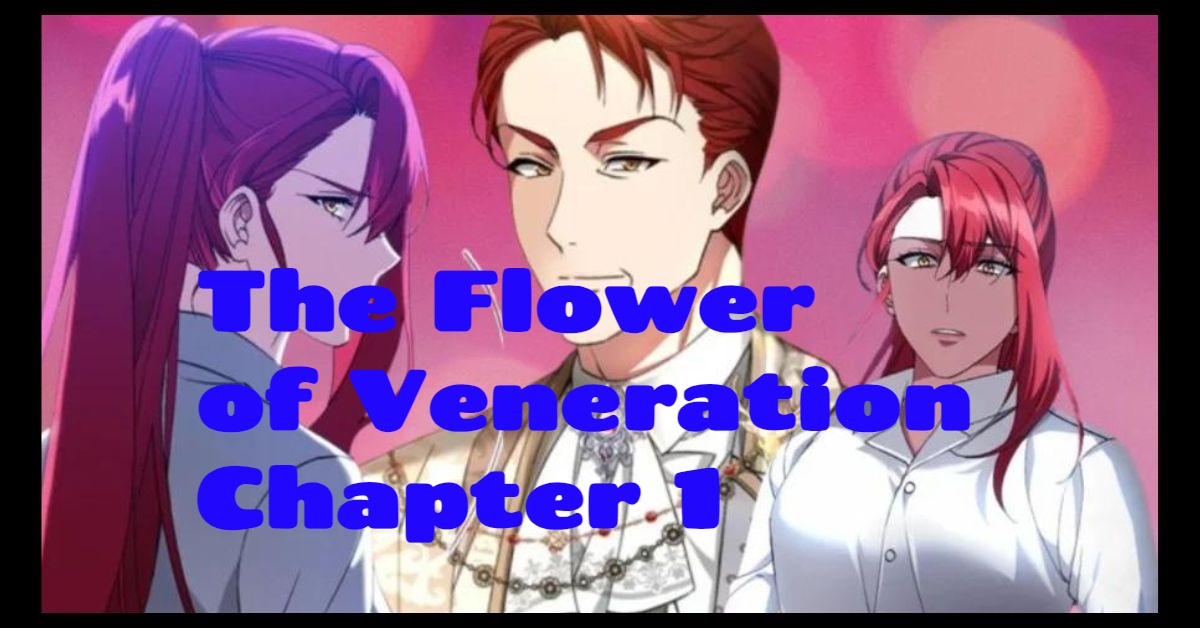Step into the captivating world of Japanese culture, where deep-rooted traditions and familial bonds intertwine to create a tapestry of rich experiences. Today, we delve into the heartwarming concept of ‘komik’ – a term that encapsulates nostalgia, homecoming, and sibling relationships in a way that is uniquely Japanese. Join us on this cultural journey as we explore the intricate dynamics of family ties and the significance of returning to one’s roots.
Explanation of the phrase ‘Hisashiburi’
Have you ever experienced that warm feeling when reuniting with someone after a long time apart? In Japanese culture, the phrase “Hisashiburi” encapsulates this sentiment perfectly. It conveys the sense of longing and nostalgia that comes with seeing someone you haven’t met in a while.
The word ‘Hisashiburi’ is more than just a simple greeting; it carries layers of emotional depth and connection. It signifies the passage of time and the significance of shared memories.
When uttered, “Hisashiburi” bridges the gap between past interactions and present reunions, acknowledging the bond that endures despite distance or time elapsed.
Whether meeting an old friend or returning to one’s hometown (‘jikka’), saying “Hisashiburi” evokes feelings of joy, reminiscence, and appreciation for relationships that withstand the test of time.
The significance of returning to one’s hometown or ‘jikka’
Returning to one’s hometown, or ‘jikka’ in Japanese culture, holds a profound significance that resonates deeply with many individuals. The act of going back to where it all began evokes a sense of nostalgia and connection to one’s roots. It is like stepping into a time machine that transports you to the memories and experiences that have shaped who you are today.
The familiarity of the streets, the scent of home-cooked meals wafting through the air, and the warmth of family waiting with open arms – these elements create an emotional tapestry that envelops returning individuals in a comforting embrace. For many, coming back to their hometown is not just about physical location but also about rekindling relationships and rediscovering oneself in the context of their past.
Jikka represents more than just a place on a map; it symbolizes heritage, tradition, and belonging. It serves as a touchstone for individuals seeking solace in turbulent times or simply wanting to reconnect with their roots. In essence, returning to one’s hometown is akin to coming full circle – completing a cycle that brings closure while opening new chapters filled with possibilities.
Also Read: The Berry0314 Shower Experience: The Ultimate Relaxation
Overview of the relationship dynamics between siblings in Japan
In Japan, sibling relationships hold a special place in the cultural fabric. Brothers and sisters often share deep bonds rooted in respect, duty, and tradition. The dynamics between siblings are influenced by age hierarchy; older siblings are expected to guide and care for their younger counterparts.
Respect for one’s elders is paramount in Japanese society, translating into deference towards older siblings. Younger siblings typically show admiration and obedience towards their elder brothers or sisters. This hierarchical structure shapes interactions within the family unit.
Despite these traditional roles, modern Japanese families also reflect changing times. Sibling relationships now encompass elements of friendship and support beyond mere obligation. In contemporary Japan, sibling bonds evolve to include shared experiences, mutual understanding, and emotional connection.
Thus, while respecting tradition and honoring familial duties remain crucial aspects of sibling dynamics in Japan…
Details about the actions of the younger brother (‘otouto’) upon returning to ‘jikka’
After years away, the younger brother finally returned to his hometown, ‘jikka.’ Upon arriving, he was greeted by familiar sights and sounds that stirred memories long forgotten. The air smelled of nostalgia as he walked down streets lined with cherry blossoms in full bloom.
His family home stood unchanged yet filled with echoes of time passed. Inside, his parents welcomed him warmly, their smiles reflecting both joy and relief at his return. His older sister’s eyes sparkled with unshed tears as she embraced him tightly.
The younger brother wasted no time in reconnecting with his roots. He helped his father tend to the family garden while sharing stories from his adventures afar. His mother prepared traditional meals that tasted like childhood and love on a plate.
As days turned into weeks, the bond between siblings grew stronger, forged through shared laughter and bittersweet reminiscences of youth. In every moment spent together, they rediscovered pieces of themselves within each other – a testament to the enduring ties that bind siblings across time and distance.
Cultural implications and societal expectations surrounding sibling relationships in Japan
In Japan, sibling relationships are deeply rooted in tradition and cultural norms. Respect for elders and hierarchy within the family structure play a significant role in shaping these dynamics. The concept of filial piety, or ‘kou’, emphasizes the importance of loyalty and devotion to one’s family members.
Siblings are expected to support each other through thick and thin, often symbolizing unity and harmony within the family unit. The eldest sibling typically holds authority and is regarded with reverence by younger siblings. This dynamic fosters a sense of responsibility among siblings towards each other’s well-being.
Additionally, societal expectations dictate that siblings maintain strong bonds throughout their lives, even as they grow older and start families of their own. The idea of reciprocity in sibling relationships is highly valued, where mutual support and care are essential virtues upheld by Japanese society.
Sibling relationships in Japan reflect broader cultural values centered around respect, harmony, and interconnectedness within the family unit.
Conclusion: Reflecting on the themes of family
Reflecting on the themes of family in Japanese culture, we can see how ‘komik hisashiburi ni jikka ni kaettara otouto ga ts shiteta’ embodies a deep sense of connection and tradition. The concept of ‘jikka’ resonates with the importance of roots and familial ties, while the phrase ‘Hisashiburi’ highlights the significance of reunion after a long time apart.
Sibling relationships play a vital role in Japanese society, often characterized by respect, loyalty, and support. When an otouto returns to their jikka after a prolonged absence, their actions speak volumes about their love and commitment to family. Whether through small gestures or meaningful conversations, these interactions reflect the enduring bond between siblings.
By exploring cultural implications and societal expectations surrounding sibling relationships in Japan, we gain insight into the values that shape familial dynamics. The notion of duty towards one’s siblings and the emphasis on harmony within the family unit underscore the importance placed on maintaining strong connections despite any distance or time apart.
In essence, ‘komik hisashiburi ni jikka ni kaettara otouto ga ts shiteta’ serves as a reminder of the enduring nature of family bonds and traditions in Japanese culture. It encapsulates themes of love, respect, and unity that resonate across generations—a timeless reflection of what truly matters in life: family.




